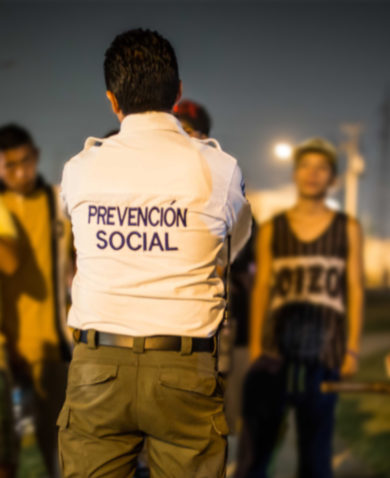African governments have contested elections on a platform of ridding the country of corruption for many years. They berate predecessors for not doing enough, when they have no tangible plans for addressing corruption’s root cause, the lack of integrity.
If a lack of integrity is the root cause of corruption, then it is important to define integrity. Integrity is personal; it is a character trait and not a generality applied across a society. Integrity is different from what we call ethics, which has external rules and beliefs, checks, balances, and consequences for non-compliant behavior. Integrity and ethics are close relatives; however, one is individual the other communal.
Integrity is exemplified by honesty and consistency in doing the “right” thing according to one’s values, beliefs, and principles, even when no one is watching. A person is not born with or without either integrity or ethics; they are learned from the family and society. The consistent internalization and reinforcement of family and societal rules and beliefs for correct behavior, over time, becomes one’s personal choice, creating integrity. One may choose to adopt the rules, values, beliefs, and principles of the family, society, or a combination of both in determining those to which one ardently adheres. It is against these rules and beliefs, at the personal and societal level, that person is considered to “have integrity” or not and a society is considered “ethical” or not.
What does this mean for anti-corruption efforts? To mainstream integrity, there must be a common set of rules, values, beliefs, and principles applicable for an ethical public sector that are at least acceptable, if not consistent, with those held by individual employees. The creation of anti-corruption laws and commissions, offices of government conduct, codes of behavior, and similar initiatives will not effectively reduce corruption if individual integrity is not addressed.
Mainstreaming Integrity in Practice: The Case of Liberia
The state of anti-corruption efforts in Liberia demonstrates this idea well. In 2006 Liberia inaugurated the first democratically elected female president in Africa. Like many other leaders, she declared corruption “public enemy number one” and took the reins of a country where 14 years of civil conflict had destroyed the very fabric of society and the economy. This conflict had deepened the fundamental public distrust of the government, a distrust that had existed prior to the conflict because of decades of financial mismanagement and a perceived lack of integrity among civil and public servants as well as elected and appointed officials.
In a consistent fight against public enemy number one in Liberia, laws have been enacted creating various institutions and legal frameworks to guide the behavior of public servants. These include the General Auditing Commission (2005), the Public Procurement and Concessions Commission Act (2005), the Governance Commission Act (2007), the Liberia Anti-Corruption Commission Act (2008), the Public Finance Management Act (2009), the Liberia Extractive Industries Transparency Initiative Act (2009), the Freedom of Information Act (2010), and the National Code of Conduct for All Public Officials and Employees (2014). With these, it would be expected that corruption would be well abated.
Laws Are Not Enough
Yet, in 2012 the National Integrity Barometer survey was undertaken to assess public perception of corrupt practices in Liberia regarding service delivery in the health, education, judiciary, civil protection, and business sectors. It used corruption as the barometer for integrity, with the objective of providing information to help curb corruption; promote transparency, accountability, and integrity in the public service; and better inform policies for improved governance. Survey data was collected from 1,400 households and 600 businesses in seven counties and four sectors.
The results showed that six years after the end of the conflict, corruption remained a major problem. Some survey comments revealed that public health workers, immigration officers, police, and court employees considered corruption to be caused by 1) leaders widely underpaying staff, 2) operational funds being centralized, 3) the nepotism of leaders in employment practices, and 4) poor policies suffering from poor implementation. Public sector employees considered their leaders to be ultimately responsible for their corrupt behavior, not themselves.



































